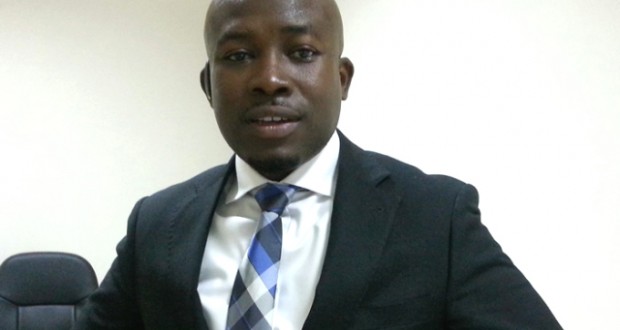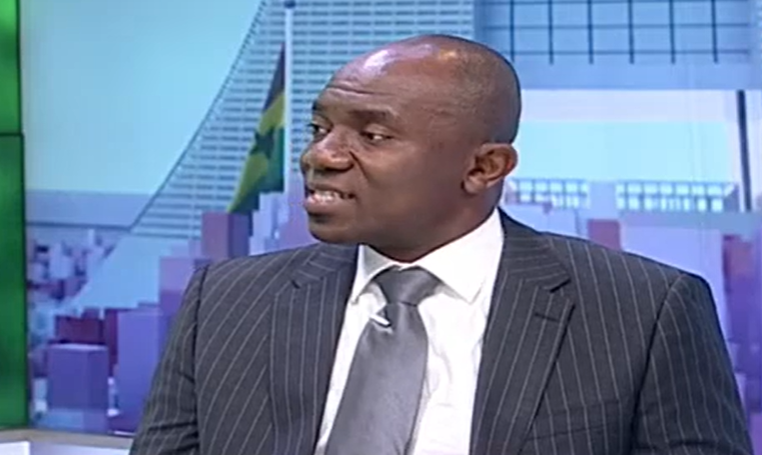The Chamber of Bulk Oil Distributors is advising Ghanaians to embrace impending International Monetary Fund (IMF) programme that will eliminate government subsidies on petroleum products.
The IMF in a statement on Friday announced some targeted key areas which its final programme for Ghana will help bring the ailing economy back on track.
It among other things, identified the costly and untargeted subsidies for energy and petroleum products which they say must be eliminated, with a better prioritization of capital spending.
Reacting to the announcement from the IMF, the Chief Executive Officer of Chamber of Bulk Oil Distributors, Senyo Horsi on Eyewitness News said the impending changes “has been quite inevitable looking at our history of petroleum pricing and its effects on the economy.”
He noted that the IMF’s measures are not new government since it has been “significantly considering it and has taken some initial steps towards it.”
He insisted that the current system does not help the growth of the economy and the operations of Bulk Oil Distributors therefore, “it’s important that we all look at it and I think government has already started taking steps to that.”
Horsi mentioned that the payment of subsidies over the years has adversely affected “the consumers’ access to products and more importantly, the systemic risk that the subsidies create to the entire financial sector.”
“It’s not about what the IMF will say but for me, as a people, we need to ask ourselves what will work for us, what will enhance productivity and yield adequate returns on our spending. Spending on consumption like subsidies is not productive,” he remarked.
He said the monies which would be used to subsidize fuel could b spent on profitable investments like mass transportation, liberalizing the market to enable the banking sector to help support supply onto the market.
Horsi admonished politicians to be honest with Ghanaian over the issues of subsidies so that the general public would realize that the “current module that we have as a people is not sustainable…”
“It is not a sustainable module to manage the fiscal situation in our economy today; it’s not. The billions of dollars we are spending on subsidies is not paid for by any magical money. It’s paid for by the same tax payer; it’s paid for by the trotro person, the Makola woman when she pays every little tax,” he said.
He continued saying, “at the end of the day, when we are not spending investments that will rather create employment, that will rather create growth, that will rather create productivity in the economy, we are rather cutting our nose to spite our face.”
–
By: citifmonline.com





